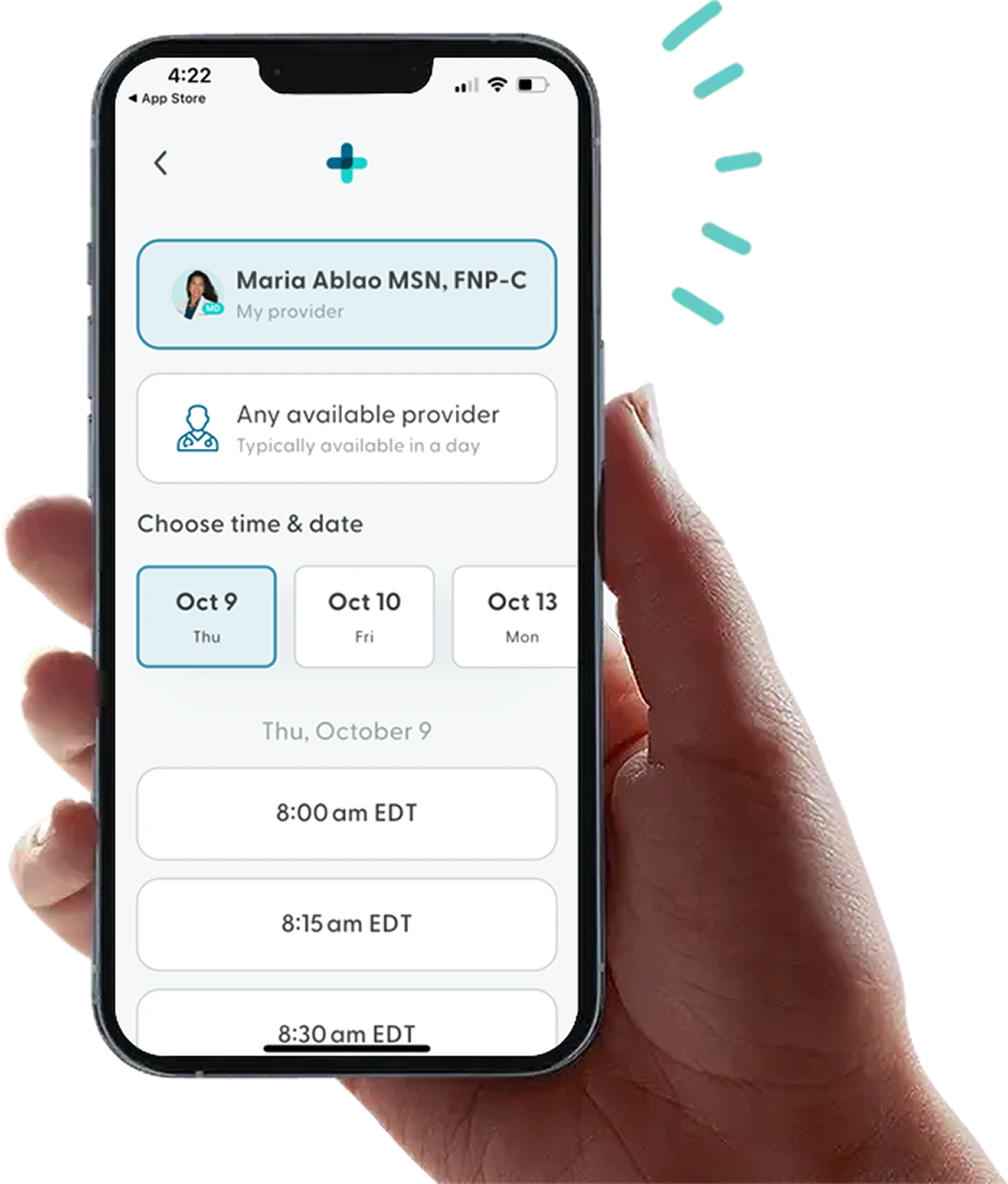Why You Shouldn’t Ignore Bloating And Pelvic Pain
Highlights
-
Bloating is a sensation of fullness, discomfort, and pain caused by eating too much or too quickly, swallowing air, hormonal changes, or other health problems.
-
Bloating can cause pelvic pain due to pressure on the uterus, ovaries, and bladder. Pain and bloating may also be a sign of other medical issues.
-
Treatment for bloating and pelvic pain varies depending on the underlying cause and can range from over-the-counter (OTC) medication and lifestyle changes to prescription drugs and surgery.
What is Bloating and How Does It Happen?
Bloating is a common gastrointestinal issue that causes a feeling of fullness, discomfort, and pain. If you’ are bloated, you may also experience excessive gas or digestive fluid discharge.
It can be caused by a number of factors, including:
Eating too quickly or too much
Swallowing air
Hormonal changes
Food sensitivities
Other conditions like constipation
Bloating usually develops when gas is not released from the body through flatulence or burping and accumulates in the stomach. You may also feel bloated due to fluid retention.
Why Does Bloating Cause Pelvic Pain?
Bloating can cause pelvic floor pain because the accumulation of gas and fluid can put pressure on the organs in that area — this includes the uterus, ovaries, and bladder.
The pressure can cause discomfort and pain in the lower abdomen, which affects the pelvis.
Is Bloating and Pelvic Pain Serious?
When you experience bloating and pelvic pain simultaneously, it’s usually caused by mild medical conditions. However, it could also indicate more severe problems.
Let’s take a look at what those could be.
Mild medical conditions
Mild causes of abdominal bloating and pelvic pain usually aren’t cause for concern. In most cases, these can be treated with OTC medications and lifestyle changes.
Constipation
This is a common digestive problem that occurs when bowel movements become infrequent or difficult, causing bloating and pelvic pain.
Constipation can be the result of dehydration, a sedentary lifestyle, or a low-fiber diet.
Gastroesophageal reflux disease (GERD)
GERD is a chronic digestive disorder that occurs when stomach acid flows back into the esophagus, causing irritation and inflammation.
This condition can result in bloating and other symptoms like heartburn or difficulty swallowing.
Tired of GERD symptoms?
Licensed doctors and nurse practitioners can help you feel better. Schedule an online appointment now.


Lactose intolerance
This is a digestive disorder that occurs when the body can’t digest lactose, which is the sugar found in dairy products.
Lactose intolerance can cause bloating because of an excessive amount of gas that builds up in the body. This can also lead to pelvic pain and other stomach issues.
Severe medical conditions
Severe cases of bloating and pelvic pain typically require medical care and prescription treatment.
It’s important to see your doctor if you have any of the symptoms discussed in this section.
Cancer
Bloating and chronic pelvic pain could be a sign of ovarian or colon cancer — both of which rarely cause symptoms until the disease has become serious.
Common signs of cancer can also include changes in bowel habits, rectal bleeding, severe abdominal pain or swelling, and unexplained weight loss.
Inflammatory bowel disease (IBD)
IBD is a chronic inflammatory condition that affects the digestive tract and can cause bloating if gas builds up in the body.
You may also experience rectal bleeding, weight loss, and diarrhea if you have IBD.
Celiac disease
This is an autoimmune disorder that develops when the body can’t tolerate gluten.
Celiac disease can cause bloating because of an extreme food intolerance that leads to inflammation and gas build-up in the body.
You may also have diarrhea, extreme fatigue, and lower abdominal pain.
Ovarian cysts
Cysts are fluid-filled sacs that develop on the ovaries and can cause severe pain. Bloating and abdominal or vaginal bleeding may indicate that you have an ovarian cyst.
These cysts may also cause your menstrual cycle to become irregular.
Prostate issues
In men, bloating and pelvic pain may indicate issues such as prostatitis or enlarged prostate.
Prostatitis is an inflammation of the prostate gland that causes an infection in the urinary tract.
An enlarged prostate occurs when the gland becomes swollen, causing bloating, a dull or sharp pain in the genital area, and urination difficulties.
How Are Bloating and Pelvic Pain Treated?
The treatment for bloating and pelvic pain will vary, depending on the underlying cause of your discomfort.
If your symptoms are caused by mild conditions, your doctor may recommend OTC medication and lifestyle or dietary changes.
Bloating and acute pelvic pain caused by more severe health issues may require a more aggressive treatment regimen that includes prescription drugs or surgery.
It’s important to speak to your doctor as soon as possible if you’re concerned about your symptoms.
When Should You See a Doctor about Bloating and Pelvic Pain?
If you are concerned about any of your symptoms or feel that your bloating and pelvic pain are affecting your daily life, you can speak to a board-certified physician or nurse practitioner from the comfort of your home.
Head over to LifeMD to schedule a telehealth appointment.
More articles like this
Feel better with LifeMD.
Your doctor is online and ready to see you.
Join LifeMD for seamless, personalized care — combining expert medical guidance, convenient prescriptions, and 24/7 virtual access to urgent and primary care.

 Medically reviewed and edited by
Medically reviewed and edited by 










